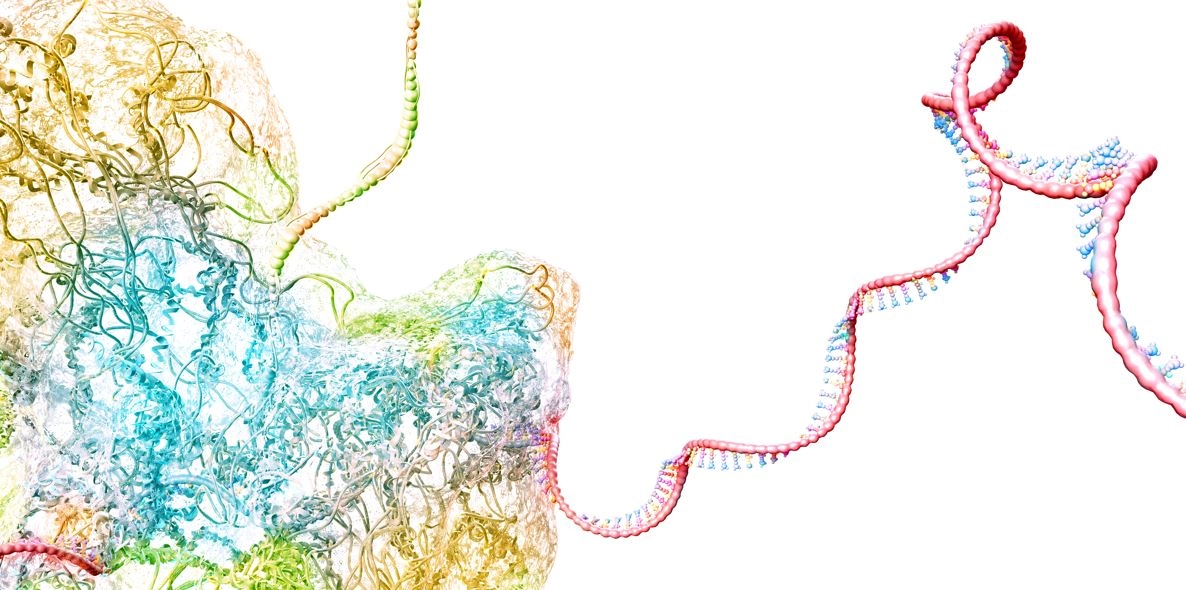Short reviews
19 March 2024
rRNA depletion review

In both prokaryotes and eukaryotes, ribosomes play a crucial role in protein synthesis during the translation process. The assembly of hundreds of proteins and ribosomal RNAs (rRNAs) creates distinct subunits essential for functional ribosome formation. To identify which messenger RNAs (mRNAs) are actively translating in a given specimen, ribosome profiling is a powerful tool. This technique involves sequencing small ribosome protected fragments (RPFs) to pinpoint the ribosome's location on translating RNA. In the initial step, a nuclease digestion selectively cleaves non-ribosome-protected RNA, leaving behind the ribosome-protected fragments. These fragments are then isolated, and the RNA is extracted, subsequently transformed into a library for sequencing on standard platforms. However, the extracted RNA predominantly consists of rRNA, and sequencing it is often unnecessary. To enhance the coverage of the translated RNA library—reflecting the number of reads from actively translating RNAs—removing these rRNA fragments becomes crucial. This not only reduces the necessity for deeper sequencing but also minimizes overall sequencing costs...

